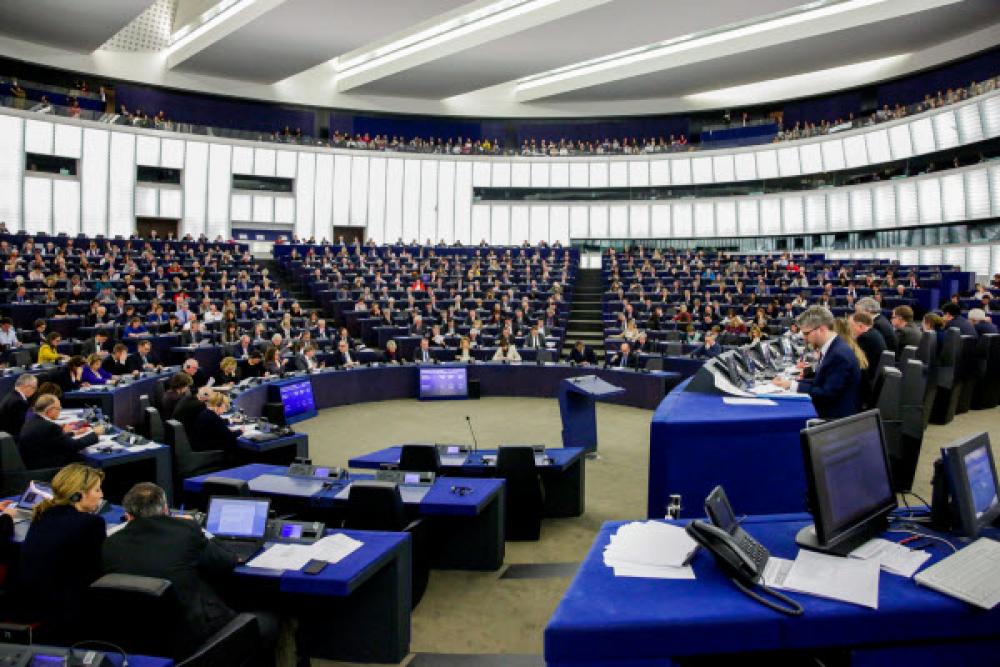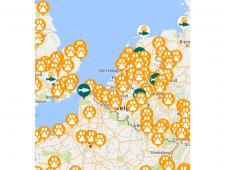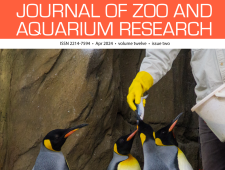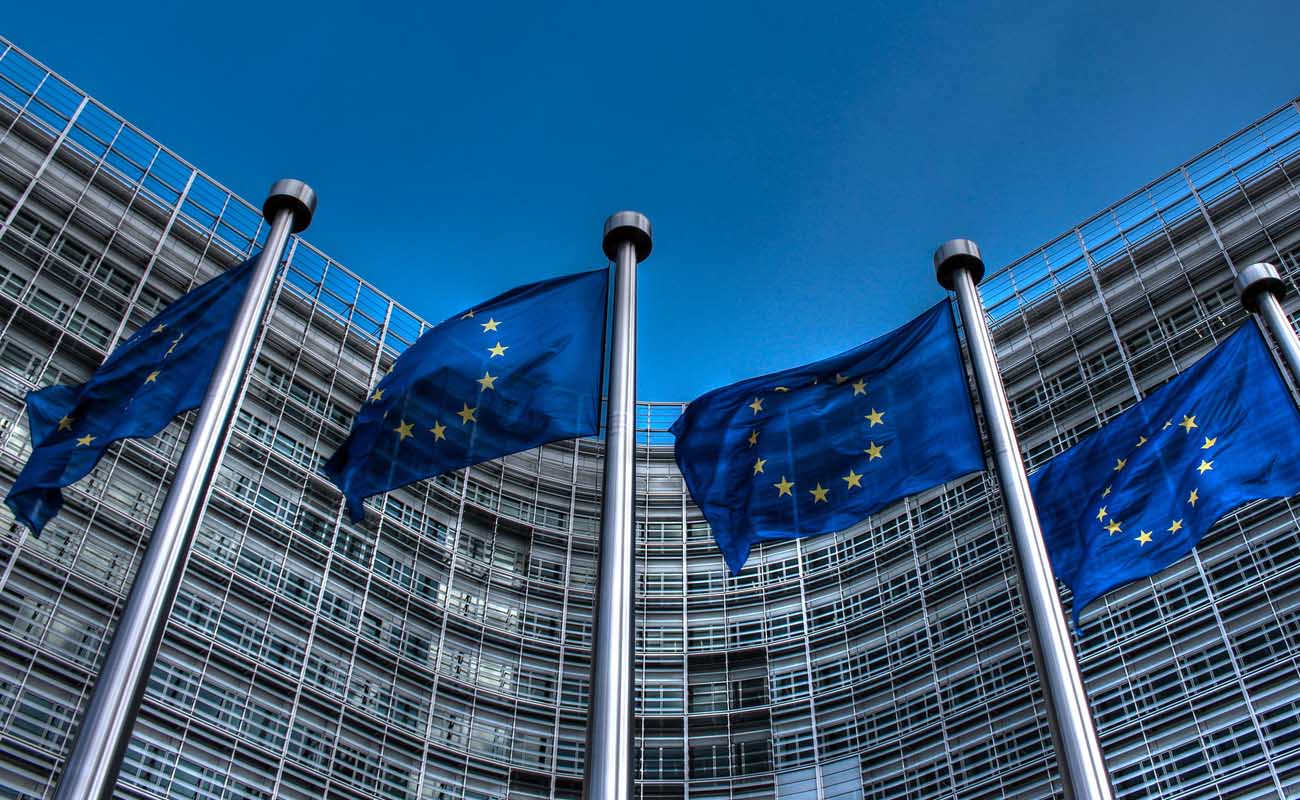EAZA’S LEGISLATIVE ACTIVITIES
EAZA sets high accreditation standards for its Member zoos and aquariums, using the latest specialist knowledge. Many of these standards are stricter than the European or national legislation, but we don’t rest on our laurels: we regularly evaluate and update them to remain at the forefront of the management of wild animals in human care.
At the same time, we support effective and properly implemented zoo legislation in the entire EAZA region. Through the local work of our Members, our network of affiliated national zoo associations and our EU policy team in Brussels, we work with lawmakers to make sure that all zoos and aquariums not only fulfil their legal obligations but also aspire towards standards as high as those of our Association.
Although the EAZA region extends beyond Europe, most of our Members operate within the legal framework of the European Union. This makes the institutions of the EU and its Member States our closest partners in lobbying and advocacy. We focus these activities around three main topics:
1. Supporting the protection of biodiversity as a political priority
Biodiversity conservation is a priority for our joint population management including 400 non-commercial EAZA Ex situ Programmes (EEPs), primarily for threatened species. Mandated by the Convention on Biological Diversity and the EU Zoos Directive, the aims of these evidence-based programmes are developed together with conservation partners following the "One Plan" approach, to meet the specific needs of the species.
EAZA zoos and aquariums receive some 140 million visits every year and their formal education programmes reach more than 5 million people annually. EAZA Members give citizens a unique opportunity to connect with wildlife in an increasingly urbanized world. We are building on this potential to raise awareness of the values of biodiversity and the steps our visitors can take to conserve and use it sustainably.
For over two decades, EAZA Conservation Campaigns have been addressing a variety of threats to species and habitats, raising funds for field conservation projects and promoting biodiversity awareness. The first campaign focused on bushmeat and resulted in 1.9 million signatures under what was one of the biggest petitions ever submitted to the European Parliament. Our current campaign, titled Which Fish?, is dedicated to the sustainability of aquatic resources.
Recognizing our special responsibility for native European species, we also work with policymakers to share our expertise and knowledge concerning invasive alien species (non-native species that can damage local biodiversity). This is to ensure that the EU Invasive Alien Species Regulation can benefit native species whilst not hampering the conservation of non-European species, including those which are of importance for EAZA Members.
We liaise with the CITES authorities on the national, EU and global stage to aid in combatting the illegal trade in animals, plants and wildlife products. Our Members play an active part in the rescue and placement of thousands of confiscated or abandoned wild animals every year, following the latest IUCN Guidelines. The non-commercial nature of the EEPs and the strict standards concerning animal acquisition and disposition protect the animals in EAZA Members’ care from commercial exploitation.
2. Making the EU the standard-setter for zoo and aquarium legislation
More than 70% of EAZA zoos and aquariums operate in the EU. They draw their mandate from the EU Zoos Directive which recognizes zoos as conservation organizations that contribute to saving biodiversity both in Europe and globally. The Directive requires Member States to introduce licencing systems and carry out regular inspections, to ensure high and harmonized standards across European zoos. EAZA is referenced – as an example of good practice – in the Directive as well as in the European Commission’s Good Practices Document, now available in eight languages.
EAZA strongly supported the introduction of the Zoos Directive in 1999 and actively contributed to its recent fitness evaluation (you can find our position statement for the evaluation here.) See here practical examples of how EAZA Members meet and even exceed the requirements of the Directive.
We support improving the implementation of the Directive by promoting EAZA’s openly available Standards and Guidelines:
- EAZA Standards for the Accommodation and Care of Animals in Zoos and Aquaria
- EAZA Population Management Manual
- EAZA Conservation Standards
- EAZA Conservation Education Standards
- EAZA Research Standards
- EAZA Guidelines on the definition of a direct contribution to conservation
- European Code of Conduct on Zoological Gardens and Aquaria and Invasive Alien Species
A helpful tool for zoo- and aquarium licensing authorities is EAZA’s manual on modern zoo practice.
EU Member States have different education and training opportunities for future zookeepers. We are addressing these differences via the EAZA Academy as well as our ERASMUS+ funded European Professional Zookeeper Qualification Framework for open access use by organisations and academia across Europe.
3. Safeguarding the health and welfare of animals in human care and in the wild
Until now, the EU has seen varying standards of animal health, in part due to inconsistencies in legislation as well as uneven implementation.
We welcome the formation of the new EU Animal Health Law. If properly developed and fully implemented, this new legal framework will strengthen the management of animal health in zoos and aquariums. EAZA Members already demonstrate high standards of animal health and this legislation will further enable their expertise to be applied in tracking wildlife diseases in the wild We continue to provide feedback and expertise throughout the creation and implementation of the new Animal Health Law Regulation.
Zoos and aquariums that aren’t EAZA Members can follow our health and welfare standards, for example through the openly available EAZA Best Practice Guidelines.
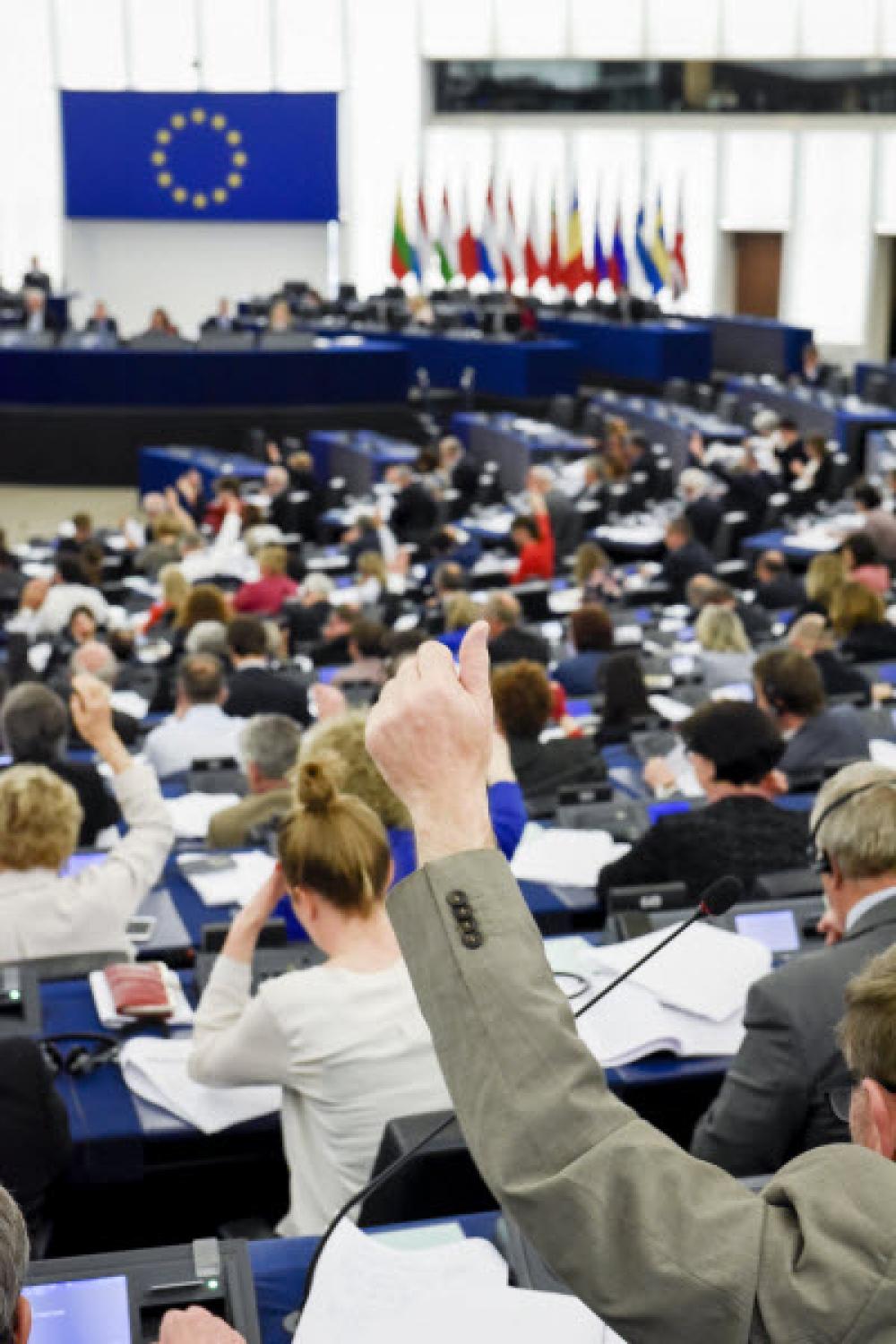
INSTITUTIONAL RELATIONS
In the European Commission, the executive body of the EU that proposes laws and monitors their implementation, our contacts are mainly focused in two Directorates-General: DG Environment and DG Sante.
- DG Environment is responsible for nature protection, including the EU Zoos Directive, Invasive Alien Species Regulation, Birds and Habitats Directives and the overall EU Biodiversity Strategy.
- DG Sante oversees the health policy and the creation of the Animal Health Law Regulation.
As the elected body that adopts legislation together with the Member States, the European Parliament plays a crucial role in ensuring that the laws and policies of the EU contribute to halting the decline of the environment and enable our community to fulfil its mission in conservation, research and education. EAZA and our Members stand ready to provide expert guidance to MEPs about biodiversity, zoo legislation, animal health and welfare. Ahead of the elections to the European Parliament in May 2019, EAZA published a Manifesto in which we invited the MEP candidates and their political parties to endorse the following goals:
- Make the protection of European and global biodiversity a political priority.
- Make the EU the standard-setter for zoo and aquarium legislation.
- Safeguard the health and welfare of animals in human care and in the wild.
You can download the EAZA Manifesto on the European Parliament elections 2019, or flip through the pages.
The call for action contained in the Manifesto remains valid after the elections. EAZA and our Members use the Manifesto to inform the MEPs about the priority concerns of the EAZA community.
The EU Member States adopt laws (as European Council) and implement them. Via our network of affiliated national zoo associations, we work with authorities in the national and regional capitals to share our expertise and to ensure an evidence-based approach to the creation and implementation of national policies.
EAZA is currently part of a consortium of stakeholders which helps the Member States better implement the EU Zoos Directive and thus realise the full conservation potential of zoos and aquariums across the European Union.
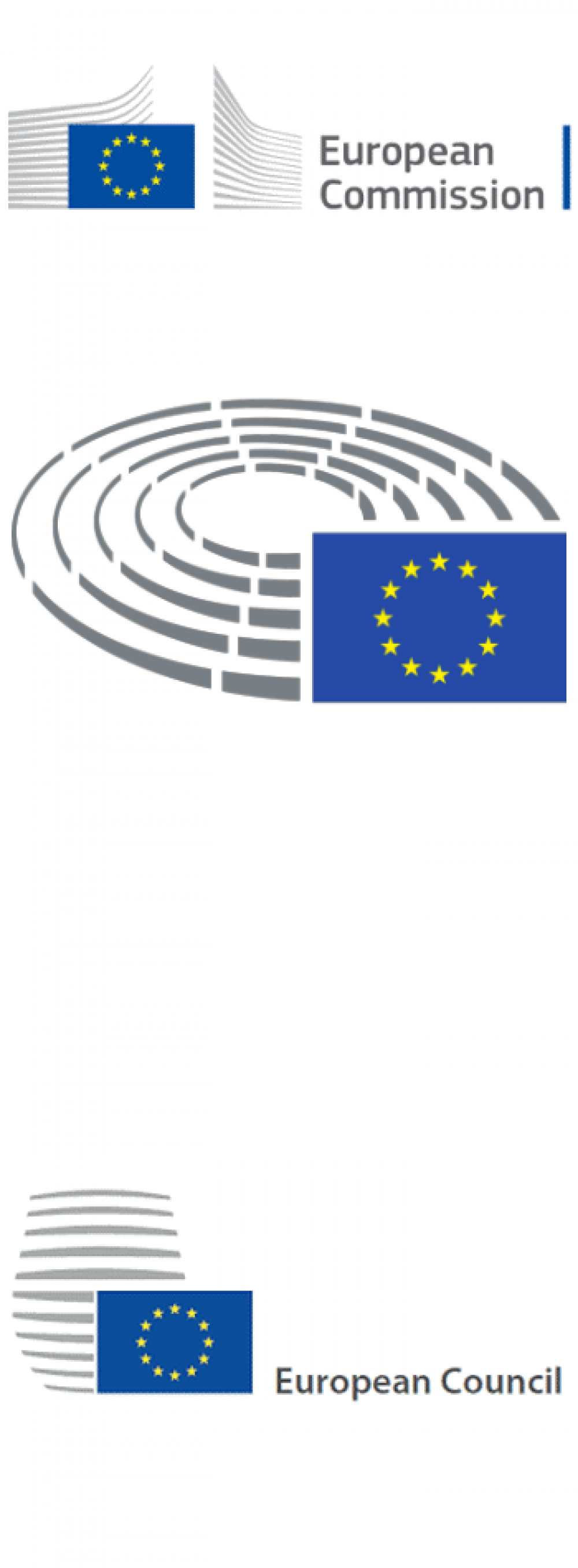
NATIONAL ASSOCIATIONS
EAZA and National Zoo and Aquarium Associations
Policy work on national level is just as important for EAZA as being involved on the EU level. The laws and policies of the EU aren’t adopted by ‘eurocrats’ in Brussels: it is the Member States and the elected Members of the European Parliament (MEPs) who develop and adopt most of them. Afterwards, these laws are implemented in all the 27 Member States of the EU – as well as in many more EAZA countries that are closely associated with the EU.
To contribute to the shaping of zoo-related laws and to their implementation on the country level, EAZA works closely with its National Associations Committee (NAC). The NAC is a hub for exchanging information, coordinating contacts with governments and MEPs, promoting EAZA’s standards and viewpoints, developing relevant positions and background papers, and identifying opportunities for collaboration.
The NAC is composed of all the national and sub-regional zoo and aquarium associations that are EAZA Associate Members:
EAZA Members who don’t have a national association in EAZA are represented in the NAC by their EAZA Council Member(s). Click here to open a map of all EAZA Members.
POSITION STATEMENTS
EAZA publishes Position Statements that lay down our organisation’s position on key current topics in international policy and legislation. Some of these statements concern issues that directly affect the operation of zoos and aquariums , whereas others pertain to topics of wider interest to EAZA Members, especially the mission areas of conservation, education and research.
You can find all our positions statements in the EAZA Documents section of this website

CONTACT
EAZA’s policy work is coordinated by the EU policy team (part of the EAZA Executive Office), in close liaison with the relevant EAZA Committees: the National Associations Committee and the Veterinary Committee.
Postal address: Blvd Louis Schmidt / Louis Schmidtlaan 64 (c/o IUCN EU), 1040 Etterbeek, Brussels, Belgium
